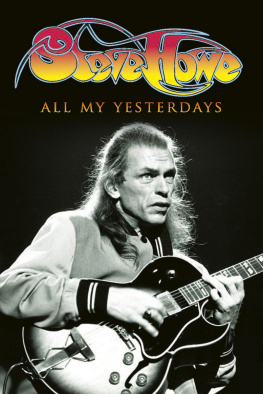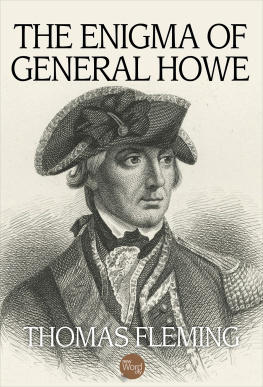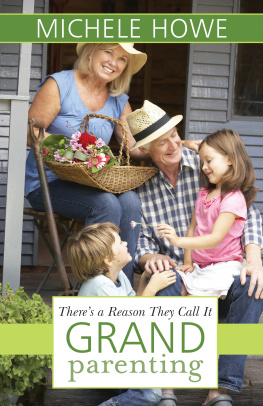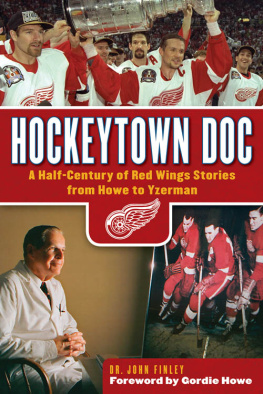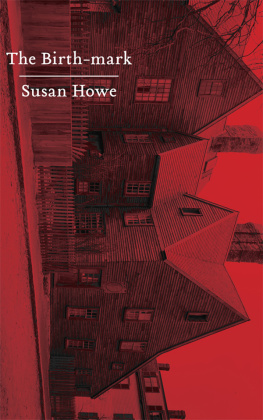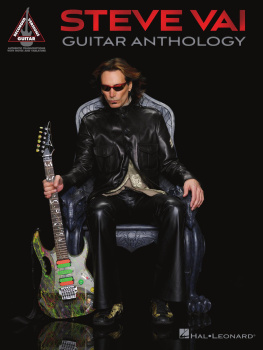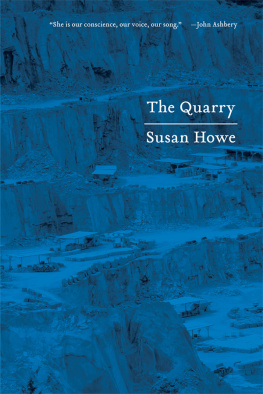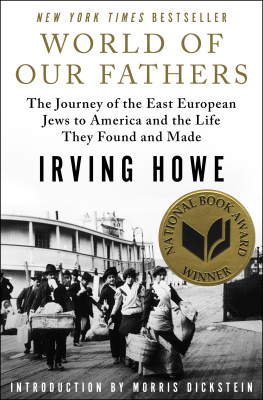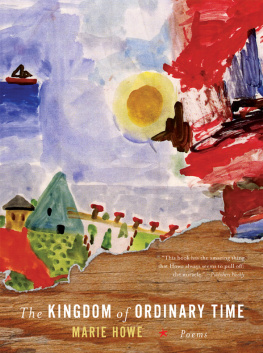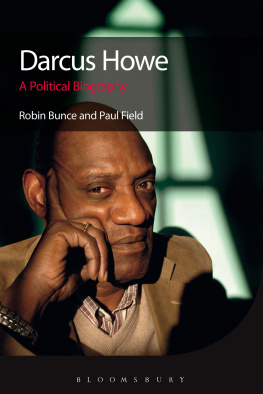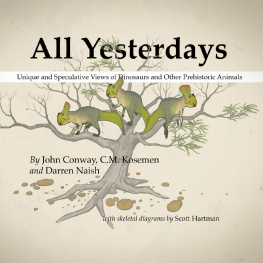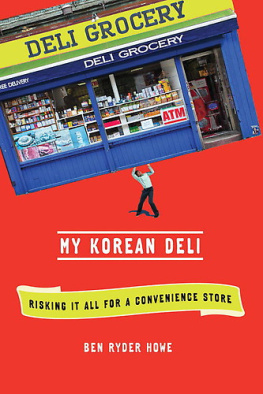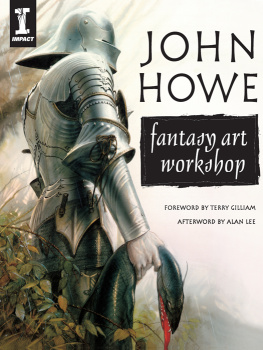Steve Howe - All My Yesterdays
Here you can read online Steve Howe - All My Yesterdays full text of the book (entire story) in english for free. Download pdf and epub, get meaning, cover and reviews about this ebook. year: 2020, publisher: Omnibus Press, genre: Non-fiction. Description of the work, (preface) as well as reviews are available. Best literature library LitArk.com created for fans of good reading and offers a wide selection of genres:
Romance novel
Science fiction
Adventure
Detective
Science
History
Home and family
Prose
Art
Politics
Computer
Non-fiction
Religion
Business
Children
Humor
Choose a favorite category and find really read worthwhile books. Enjoy immersion in the world of imagination, feel the emotions of the characters or learn something new for yourself, make an fascinating discovery.
- Book:All My Yesterdays
- Author:
- Publisher:Omnibus Press
- Genre:
- Year:2020
- Rating:3 / 5
- Favourites:Add to favourites
- Your mark:
- 60
- 1
- 2
- 3
- 4
- 5
All My Yesterdays: summary, description and annotation
We offer to read an annotation, description, summary or preface (depends on what the author of the book "All My Yesterdays" wrote himself). If you haven't found the necessary information about the book — write in the comments, we will try to find it.
All My Yesterdays — read online for free the complete book (whole text) full work
Below is the text of the book, divided by pages. System saving the place of the last page read, allows you to conveniently read the book "All My Yesterdays" online for free, without having to search again every time where you left off. Put a bookmark, and you can go to the page where you finished reading at any time.
Font size:
Interval:
Bookmark:
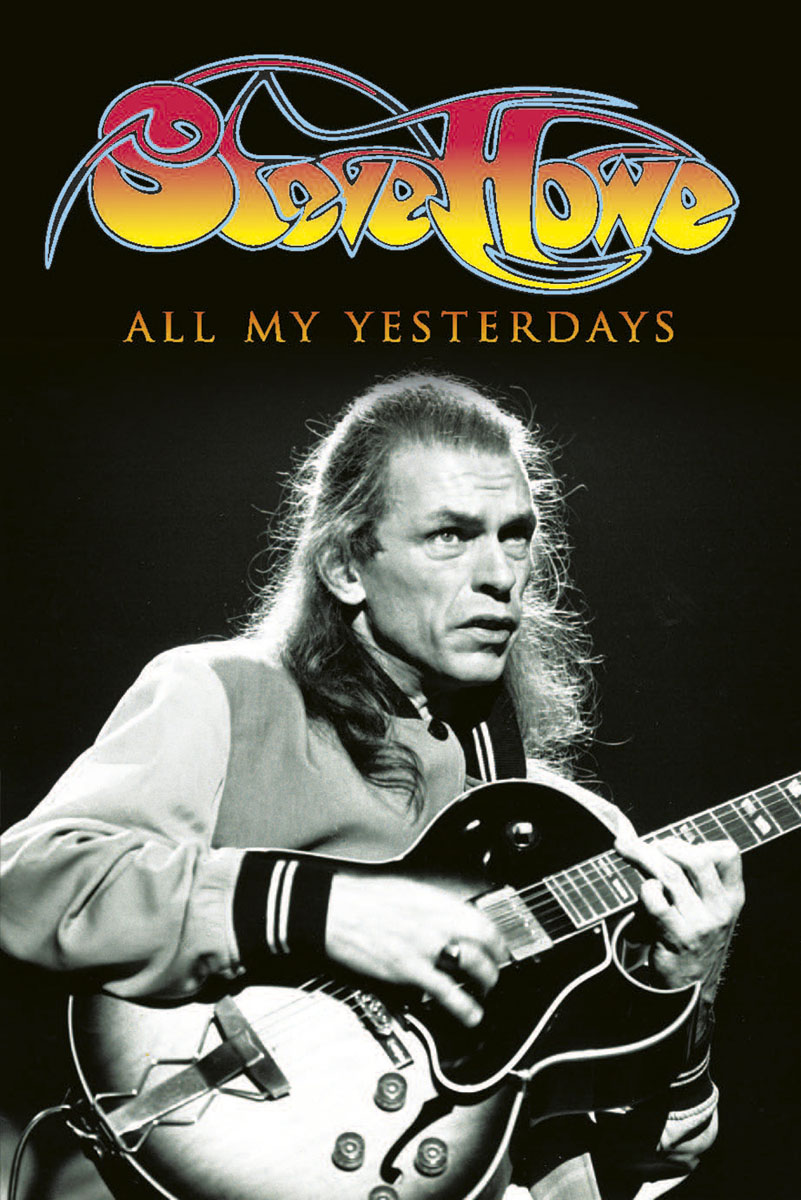
For Zuni, Diego and Cal
When I started playing the guitar it seemed like a nice hobby, but it was soon a mad obsession. Eventually it became what it is today, the essence of joy. But it came with a hidden price tag.
While I understand how lucky Ive been in most respects, for my loved ones that price has come in the shape of the time Ive had to spend away a lot of time, at that. Zooming off somewhere to play has become a disturbingly regular event, so our time together has always been very precious. We musicians are not alone in this gypsy-like existence but thats of little consequence. Its part of the job description, the touring, personal appearances and on-location studio recording sessions. Rarely are they in London, so travel becomes the norm.
Many things have shaped my career as a guitarist, and there have been many ups and downs in the last fifty-five years or so; plenty of groups, from The Syndicats, The In Crowd, Tomorrow and Bodast in the sixties, Yes in the seventies, Asia, GTR and Anderson Bruford Wakeman Howe in the eighties, then back to Yes and Asia for the nineties. By the year 2000, Yes seemed to be on the rise once more, stopping in 2004, and Asia returned in 2006. In 2008, with Yes reforming again, I was on tour playing in both bands each night for twenty-five shows. In 2012 I departed from Asia to focus more on Yes and to give more time for solo and Trio projects.
I have released solo recordings since 1975, allowing myself more expression than Id thought possible. From Beginnings to Time, Ive experimented and explored this territory, often alone. In bands, its all about the compromises and teamwork, but in solo mode its totally different, especially when Ive played with my sons Dylan and the late Virgil, which is a different experience from performing with others.
Ive been lucky enough to experience most of the configurations possible of music-making, but the solo guitar is my favourite. Rhino released my double-CD set, Anthology A Solo Career Retrospective, in 2015, followed by volume two, Groups And Collaborations, a triple-CD set, in 2017, which demonstrates the length and breadth of my recording output. Putting together these reissues helped me remember what it was Id been doing all these years in the music business. It all started for me quite tentatively.

After a few difficult months discussing exactly how wed appear together, in April of 2017 the remaining and available Union tour 1990 line-up of Yes spoke and performed at our induction into the RocknRoll Hall of Fame. This was no easy feat.
Alan White and I hadnt played with Jon Anderson or Rick Wakeman since 2004, or with Trevor Rabin since March 1992 in Japan at the end of the Union tour. Retired Bill Bruford was there, Tony Kaye couldnt travel to New York and Chris Squire had passed away in 2015.
There was a rehearsal the day before and we worked on just two songs. Geddy Lee, the bass player and singer of the Canadian band Rush, wanted to play bass on the first song. I offered to play bass on the second. I felt it would be an appropriate tribute and golden opportunity to play exactly what Chris played on the original recording of the second song.
Between the various other inner-circle members the atmosphere was palpably tense. Attempts to pal up were in vain. We kept our distance as we played both songs a few times, trying to get the necessary cues and endings sorted out. Luckily for me, my son Dylan came too, thereby gaining further insight into this strangely dysfunctional outfit. He helped me steer through the extraordinarily weird world of a group that had started in 1968, two years before I joined. I heard some pretty vague talk about the future during the gaps, most of which didnt add up to much in the grand scheme of things.
On the day, the stage was set up as if for a big TV show, with cameras, lights, people talking on headsets, crew wheeling equipment on and off and general pandemonium. Everything was tested the music and our patience with our equipment and physical positions noted for spotlights. Various issues raised their ugly heads during the afternoon and manoeuvrings were noted as various managers, publicists and tour managers tested the patience of the Hall of Fames staff over matters that everyone thought had been agreed beforehand but were now apparently up for debate. So be it. These were power struggles driven by nincompoops without their nine-volt battery inserted!
I was delighted to discover that all wasnt lost, with Dave Natelle mixing the front of house and the broadcast. We were in safe hands as Dave had mixed us and Asia many times, as well as The Rolling Stones and many others. His words of assurance about the clarity of his mix gave me great consolation. This was a slightly coded statement about what would feature in the mix and what might not be so audible. As soon as we could, Dylan and I returned to the hotel for a few hours.
We returned to the dressing rooms marked Yes. Alan, Chris and I had been touring, firstly with Benot David and Oliver Wakeman, and later with Geoff Downes and Jon Davison, for the last nine years, joined by Billy Sherwood in 2015, and we felt justified to be there as Yes. A separate room was set out for ARW (Anderson, Rabin and Wakeman). Every attempt had been made to avoid unnecessary time with them.
We made our way to the hall, where Dylan and I sat at the Yes table with Alan, Geoff and Billy and Martin Darvill, our manager. After Electric Light Orchestra and Joan Baez had been introduced and performed we were beckoned to the stage. Alex Lifeson, guitarist with Rush, and Geddy talked about our music and introduced us individually. We played Roundabout, with Geddy on bass. He certainly did us and himself proud, realising his ambition to play Chriss parts. We had it pretty well down, as at rehearsal wed discussed keeping some space in the verses and starting the chorus with only my guitar. I moved between my Variax for the acoustic parts and my second-best Gibson ES-175D for the rest of the song ending, like the record, with the acoustic. I sung my usual parts along with Jon, and I seem to remember that Trevor didnt sing many of Chriss parts. I switched to a hired Rickenbacker bass for Owner Of A Lonely Heart. (I now play Rickenbackers exclusively for all my bass parts and this bass was identical to my own.) A sunburst 2001 model, it is, of course, very similar to the model that Chris played.
Once the four-chord intro started, I played the bass exactly as it had been recorded by Chris in 1982. The cabaret ending was a reckless jam and I managed to inject Chuck Berrys duck walk hed passed away recently and had received plenty of accolades on the night. The event was live-streamed and the TV broadcast provided a tighter version. Some suggested that we were the best band of the night. It was certainly the weirdest set only two songs Id ever played with Yes, but it seemed to me that some other force was operating, allowing us to get through the performance with the minimum of exposure to each other. We remained two different camps, as we did in our speeches.
Jon Anderson was light-headed and sent his love out many times to Janee and their friends. Alan also spoke for a while. Then it was my turn. I was the only member of Yes to have written anything down in preparation, as the Hall of Fame had asked us all to do.
Next pageFont size:
Interval:
Bookmark:
Similar books «All My Yesterdays»
Look at similar books to All My Yesterdays. We have selected literature similar in name and meaning in the hope of providing readers with more options to find new, interesting, not yet read works.
Discussion, reviews of the book All My Yesterdays and just readers' own opinions. Leave your comments, write what you think about the work, its meaning or the main characters. Specify what exactly you liked and what you didn't like, and why you think so.

